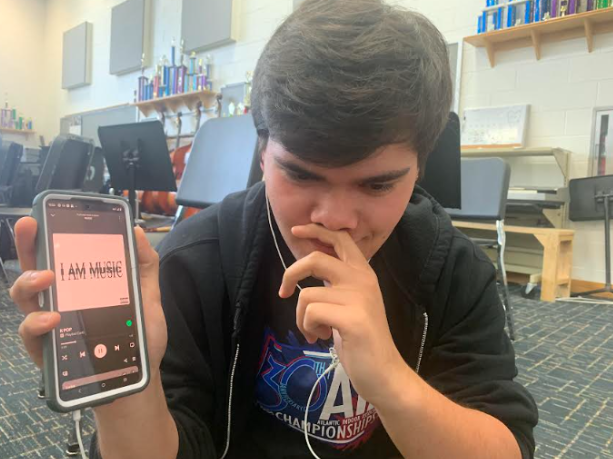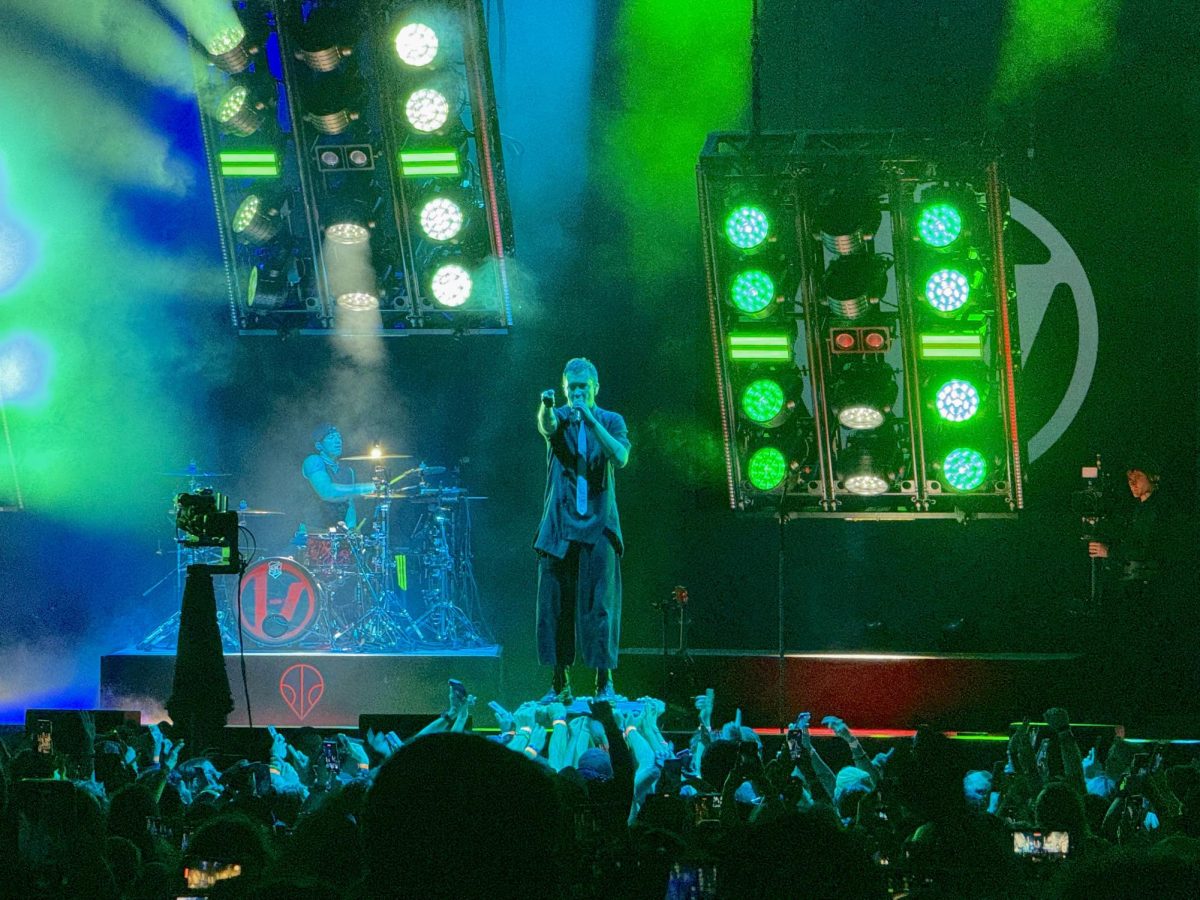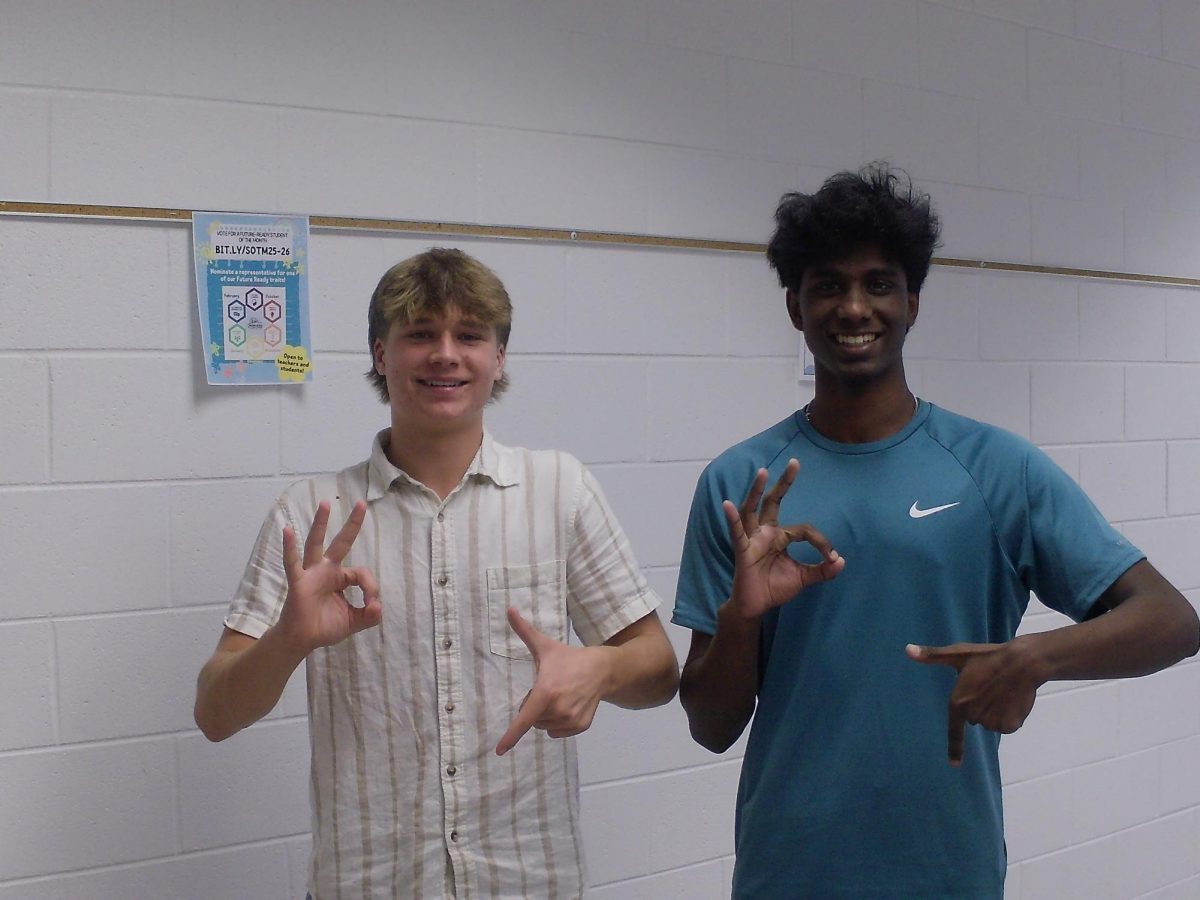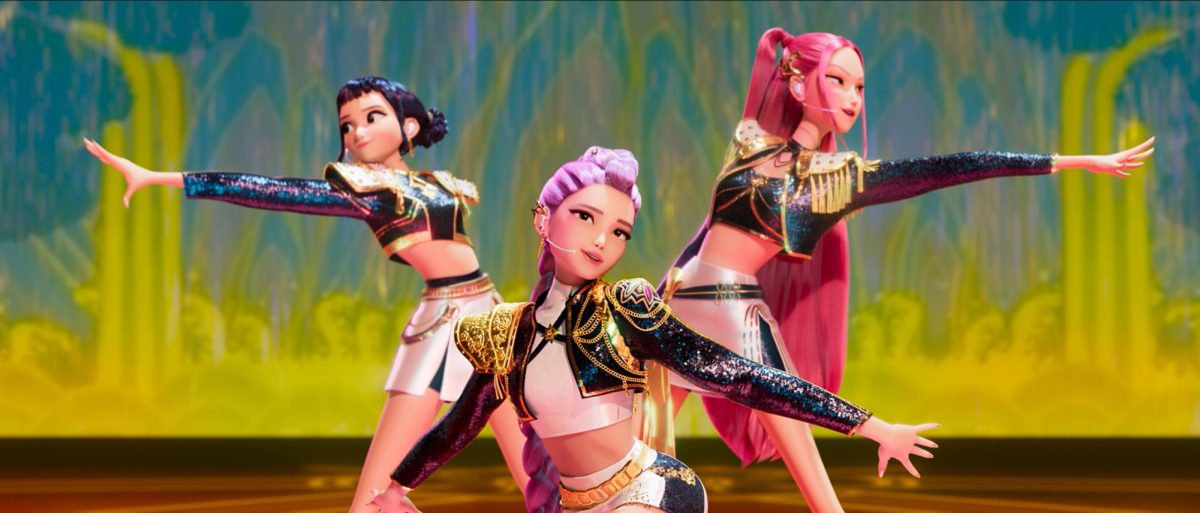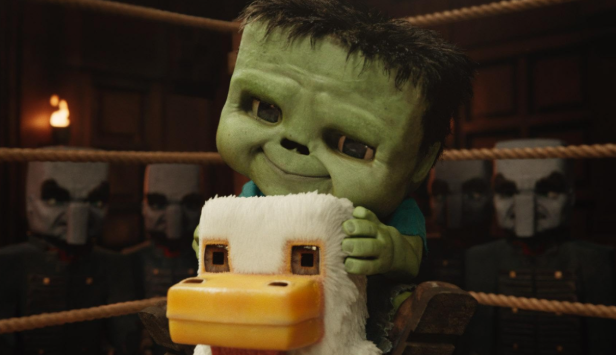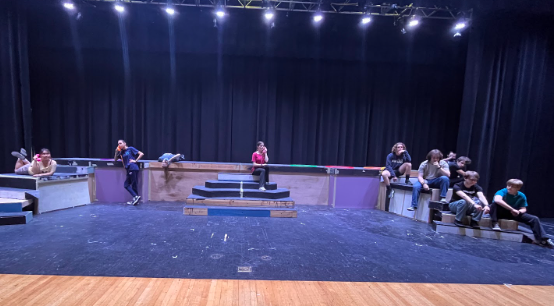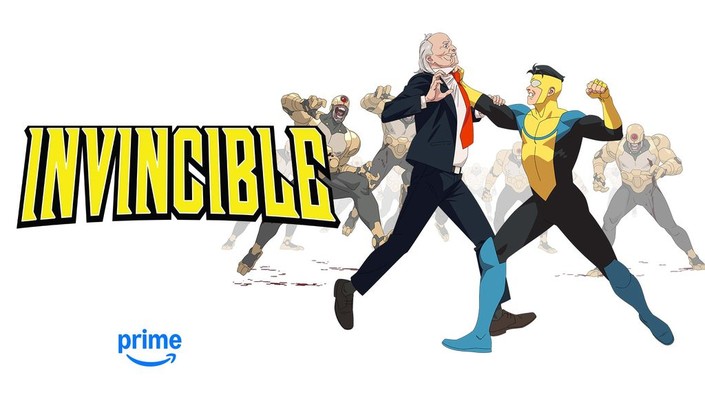After four years of failed promises, leaks and controversy, Playboi Carti finally released his third album “MUSIC.”
The release became Spotify’s largest single day release of the year according to Billboard, a strange feat for an album with no leading singles and from an artist whose recent antics have alienated even fans.
But nothing Playboi Carti does is ever normal. He has a plausible case for being the most influential rapper of the last decade with every one of his releases defining both mainstream and underground rap culture.
His general artistic project has been one of abstraction. Lyrical content and flow are fluid and constant repetition is of prime importance. The emotions a song is meant to express are clouded behind odd performances and lyrics that are cliched and meaningless. The focal point is almost never clear and the songs demand repeat listening out of confusion and fascination.
His music is the most genuinely transgressive in the mainstream since Kanye West’s “Yeezus” or maybe even Nirvana.
But even to a repeat listener like myself, this new album reaches a new peak in Carti’s quest towards an abstract and alienating version of trap.
The album is by turns ominous like an industrial rap album, cinematic in a way Travis Scott (who appears four times on the album) often leans toward, bright and futuristic like his F1lthy (who also appears) dominated last release and nostalgic for his old Pi’erre Bourne days.
The production is muddled, and for some songs, like “CRUSH” where chorus and synths never seem to gel, it feels unfinished. There aren’t any catchy songs and melodies, a previous strong point for Carti, never seem to stand out. No theme or element is really predominant even as each song has the same rambly, often chorus-less and repetitive structure.
The only constant is that the few changing parts, which are Carti’s unique performances and slight changes in production, are completely unpredictable. This album shows Carti embracing a wider vocal range, between his high-pitched ‘baby voice’ and a new lower mumble reminiscent of Lil Yachty. By only changing a few elements we are drawn to the idiosyncrasies that Carti really wants us to focus on, and by eschewing catchiness, he prizes mood.
In its confusion, it is a clear picture of what Carti cares most about, the properties of voice, repetition and mood.
There was some controversy surrounding the album, which involves two songs “Rather Lie” and “Fine S.” It is believed that Carti likely featured performances by Carti, but were actually recorded by another artist and changed using AI to sound like him. It’s just a rumor, but it is plausible. The performances have strangely edited vocals not keeping with his new range.
Like all artists dealing in abstraction — Jackson Pollock for example — claims of laziness are often lobbed against Carti, but his own use of AI is odd. We throw away forgeries of Pollock even if we couldn’t tell the difference before an expert’s analysis because we appreciate the originality of the artist, that ‘je ne sais quoi’ that a piece has because of its origin in the mind of a singular artist, even if their art would be easy to replicate. But it’s stranger when an artist does a forgery of himself. It both shows that he views his project as an abstraction and that he doesn’t understand why people care about that.
It’s a terrible offense, but it shouldn’t put you off from listening to the new album. It’s still the most original music in the mainstream today, with 28 songs made not by AI, but by the most original voice in rap today.

